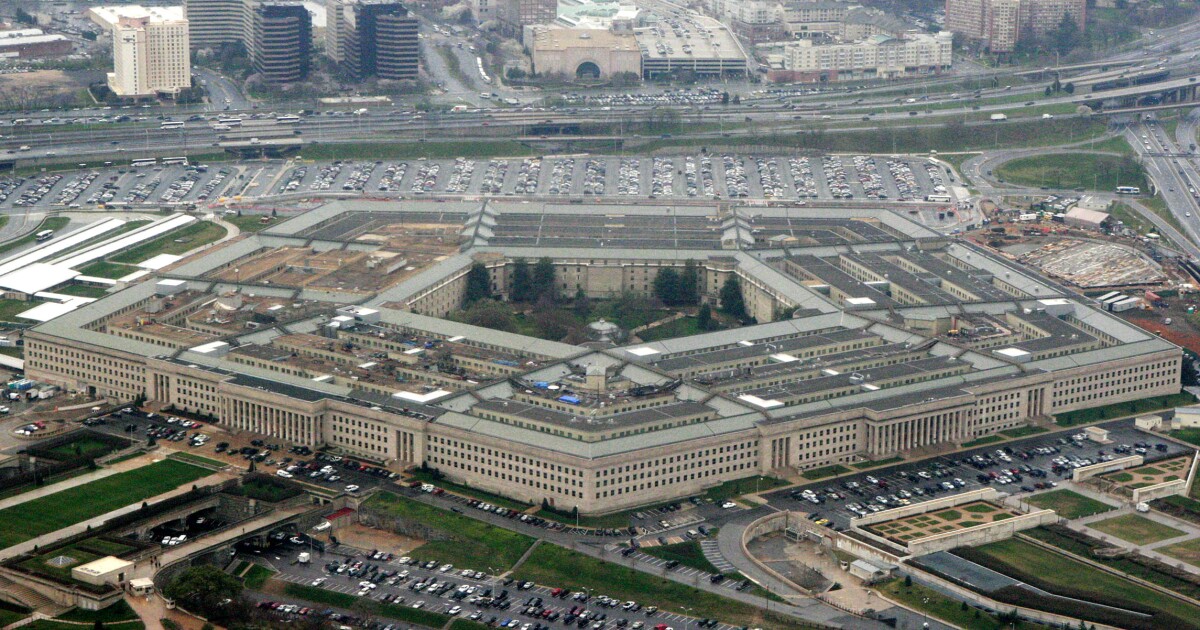

An Air Force general spurred backlash this week when he asserted that the U.S. military can more ethically utilize artificial intelligence than other nations, citing “Judeo-Chrisitian” values.
Three-star Lt. General Richard G. Moore’s comment came in response to a question about the Pentagon’s views on autonomous warfare during a Hudson Institute event Thursday.
ELECTRIC VEHICLES STRUGGLE TO HOLD UP AMID HEAT WAVE ROASTING US
“Regardless of what your beliefs are, our society is a Judeo-Christian society, and we have a moral compass. Not everybody does,” Moore said during the panel, titled “Sharpening the Air Force’s Cyber and Spectrum Edge.”
Lt. Moore, who serves as the Air Force’s deputy chief of staff for plans and programs, also said that in recent months, the Department of Defense has shown an increased interest in using the highest level of ethics, regarding AI, to bolster national security . “And there are those that are willing to go for the ends regardless of what means have to be employed.”
He goes further, saying that the future of using AI in war relies upon “who plays by the rules of warfare and who doesn’t. There are societies that have a very different foundation than ours.”
While Moore did not expressly say which nation he believes could potentially ignore AI military ethics, the Hudson Institute’s June 21 event description states: “The United States military has long been the most capable force in these operations. But u[sic] China is an improving and capable adversary, and Russia, Iran, and North Korea employ state-sponsored cyberattacks as a tool for gray-zone aggression. Retaining the US edge in information warfare demands sustained investment and creativity.”
One expert reacting to Moore’s comments offered their take about how a differing in religious views among members of the armed forces may not look like those of Moore’s, and countered the “Judeo-Christian” remark.
“There’s a lot of work in the ethics space that’s not tied to any religious perspective, that focuses on the importance of valuing human welfare, human autonomy, having social systems that are just and fair,” said Alex London, a professor of ethics and computational technologies at Carnegie Mellon University.
CLICK HERE TO READ MORE FROM THE WASHINGTON EXAMINER
Current DOD policy states services members “have the right to observe the tenets of their religion, or to observe no religion at all.” Personnel are permitted to express their sincerely held beliefs that will not impact “military readiness, unit cohesion, good order and discipline, or health and safety.”
In a statement addressing his remarks, Moore said, “the foundation of my comments was to explain that the Air Force is not going to allow AI to take actions, nor are we going to take actions on information provided by AI unless we can ensure that the information is in accordance with our values.”




